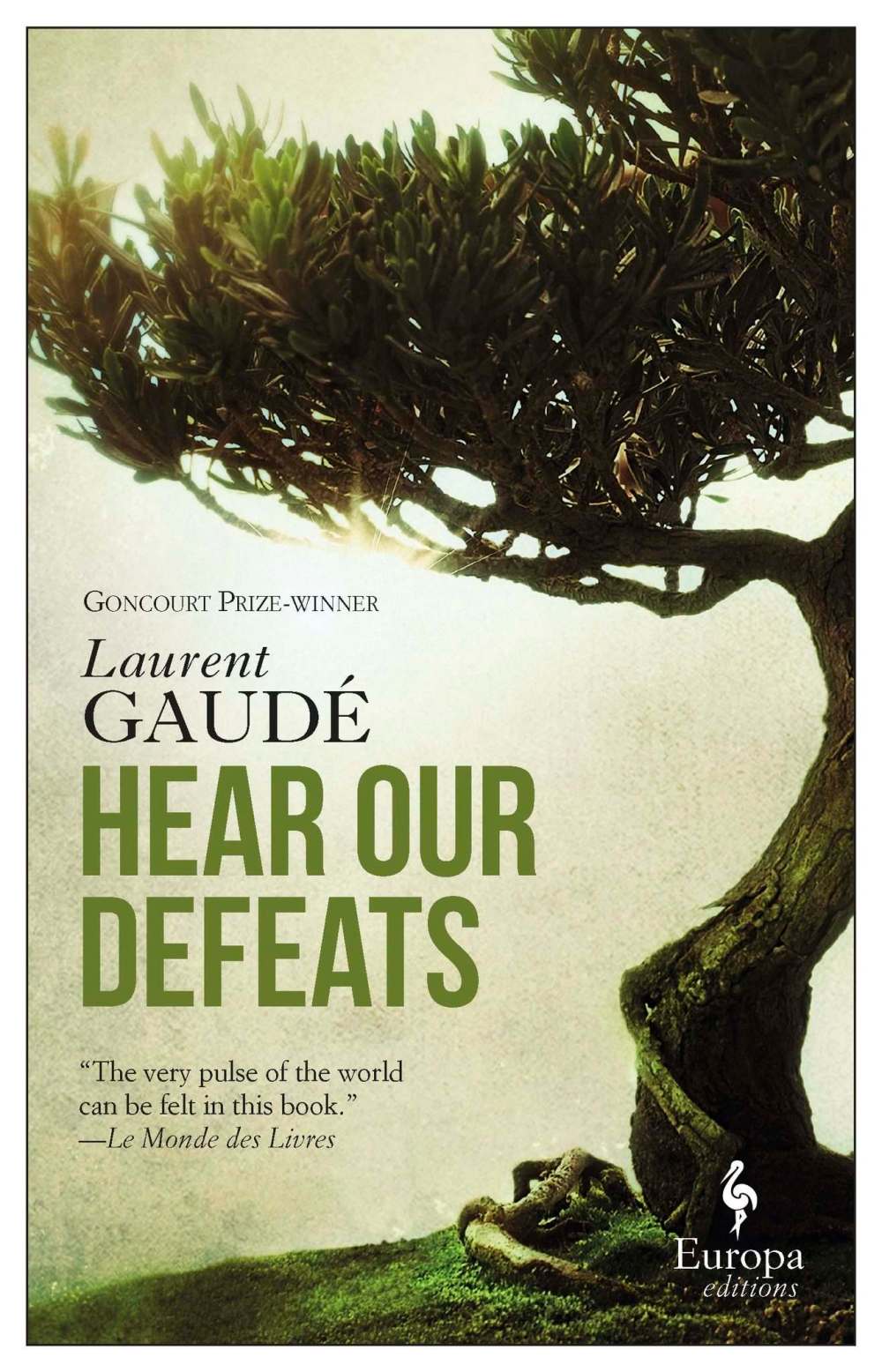Characters beautifully bound by defeat
Advertisement
Read this article for free:
or
Already have an account? Log in here »
To continue reading, please subscribe:
Monthly Digital Subscription
$0 for the first 4 weeks*
- Enjoy unlimited reading on winnipegfreepress.com
- Read the E-Edition, our digital replica newspaper
- Access News Break, our award-winning app
- Play interactive puzzles
*No charge for 4 weeks then price increases to the regular rate of $19.00 plus GST every four weeks. Offer available to new and qualified returning subscribers only. Cancel any time.
Monthly Digital Subscription
$4.75/week*
- Enjoy unlimited reading on winnipegfreepress.com
- Read the E-Edition, our digital replica newspaper
- Access News Break, our award-winning app
- Play interactive puzzles
*Billed as $19 plus GST every four weeks. Cancel any time.
To continue reading, please subscribe:
Add Free Press access to your Brandon Sun subscription for only an additional
$1 for the first 4 weeks*
*Your next subscription payment will increase by $1.00 and you will be charged $16.99 plus GST for four weeks. After four weeks, your payment will increase to $23.99 plus GST every four weeks.
Read unlimited articles for free today:
or
Already have an account? Log in here »
Hey there, time traveller!
This article was published 02/02/2019 (2492 days ago), so information in it may no longer be current.
Defeat is inevitable in all struggles. Even if we win.
French novelist, poet and playwright Laurent Gaudé, who in 2004 won France’s highest literary prize, the Prix Goncourt, for a novel translated into English as The House of the Scortas (or The Scortas’ Sun), muses on that theme in this combination spy thriller and historical meditation, a relatively thin book that manages to span scenes of contemporary conflicts in the Middle East and north Africa and take readers back in time as far as ancient Rome.
Hear Our Defeats is the story of two men and a woman — French and American special-ops soldiers and an Iraqi archaeologist, respectively — caught up in the wars of Afghanistan, Iraq, Syria and Libya.

The central story is something like a relocated Apocalypse Now: a French soldier with the nom de guerre Assem Graieb seeks out Sullivan Sicoh, a former Navy SEAL who’s gone rogue. As he travels from Beirut to Addis Ababa to Tripoli on his mission to neutralize Sicoh, Graieb is forced to confront his own violent actions.
Just before leaving on his mission, Graieb has a passionate encounter with Mariam, an archaeologist who has been working for a decade to recover artifacts looted from Baghdad during the American invasion of 2003. Now, with the Islamic State group destroying ancient sites across Syria and Iraq, she sees the futility of her life’s work.
The novel asks: given the impossibility of anything like a permanent victory — in war or in peace — what meaning can any of us find for our actions?
And it seeks an answer in beauty and love, in the form of a reference early on to the 19th- and 20th-century Greek poet Cavafy: “Body, remember, not only how much you have been loved…”
There’s much more to the novel than these two plots. Woven throughout the story are passages taking the reader into the minds of Hannibal, the great general from ancient Carthage who nearly toppled Rome; Haile Selassie, the last emperor of Ethiopia, who survived defeat by fascist Italy and exile in the U.K. only to be deposed and murdered by Marxists in the 1970s; and Ulysses Grant, the general who defeated the Confederacy and became president of the United States, but was haunted by alcoholism and depression.
A poet, Gaudé fills his novel with memorable images: a mad chess player personifying history by throwing himself into a never-ending game in Zurich, a newly excavated Egyptian tomb exhaling the air that had been imprisoned within it for centuries, the ancient footprint of the last priest still visible in the dust.
His historical interludes convey the horror of Hannibal’s victory at Cannae, where 45,000 Romans lie dead in “a soft, caressing late afternoon light” and Grant’s determination to defeat the Confederacy no matter the cost: “He must take no notice of the distraught faces, the pain of the wounded, the doubts… So he insists, forces his men to strike camp every morning despite their fatigue, to march again, fight, die and keep going.”
All of Gaudé’s characters, contemporary or historical, will feel a physical or emotional defeat, and it is in this that they are united as he asks an implied divinity to “hear our defeats.” With its erudition, breadth, beauty and Gallic temperament, Hear Our Defeats is a novel to savour and to ponder, perhaps with a Gauloise and a café.
Bob Armstrong is a Winnipeg writer.
By buying through links provided on this page, you are supporting local writers, reviewers and book sellers.


